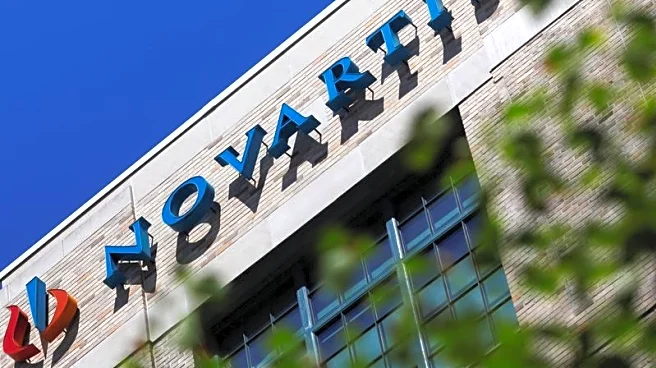Rapid Read • 8 min read
A trustee's unauthorized self-dealing, even when it causes no direct harm to the trust estate, can still result in the trustee being surcharged. This principle is rooted in public policy, which aims to prevent the possibility of harm rather than remedy actual wrongs. The trustee may be required to turn over any economic benefit derived from such self-dealing to the trust estate. This includes situations where the trustee uses the trust's assets as collateral for personal credit lines, benefiting from lower interest rates or exploiting business opportunities. Equity does not typically involve punitive damages but focuses on the economic value of benefits gained by the trustee.
AD
This development underscores the strict fiduciary duties trustees must adhere to, emphasizing the importance of undivided loyalty to the trust estate. It highlights the legal framework designed to protect beneficiaries from potential conflicts of interest and unauthorized actions by trustees. The ability to surcharge trustees for benefits gained through self-dealing serves as a deterrent against misuse of trust assets, ensuring trustees act in the best interest of the beneficiaries. This has significant implications for estate planning and trust management, reinforcing the need for transparency and accountability in fiduciary roles.
Trustees and legal professionals may need to reassess their practices to ensure compliance with fiduciary duties and avoid potential surcharges. Beneficiaries and trust administrators might seek legal advice to understand their rights and the remedies available in cases of unauthorized self-dealing. This could lead to increased scrutiny of trustee actions and possibly more litigation to enforce fiduciary responsibilities. Legal precedents, such as the case of In re Credit Trust Under Will of Cameron, may guide future decisions in similar situations.
The broader implications of this issue touch on ethical considerations in fiduciary roles, highlighting the balance between trust management and personal interests. It raises questions about the adequacy of current legal standards in preventing self-dealing and protecting beneficiaries. This could prompt discussions on potential reforms in trust law to enhance safeguards against fiduciary breaches.
AD
More Stories You Might Enjoy













